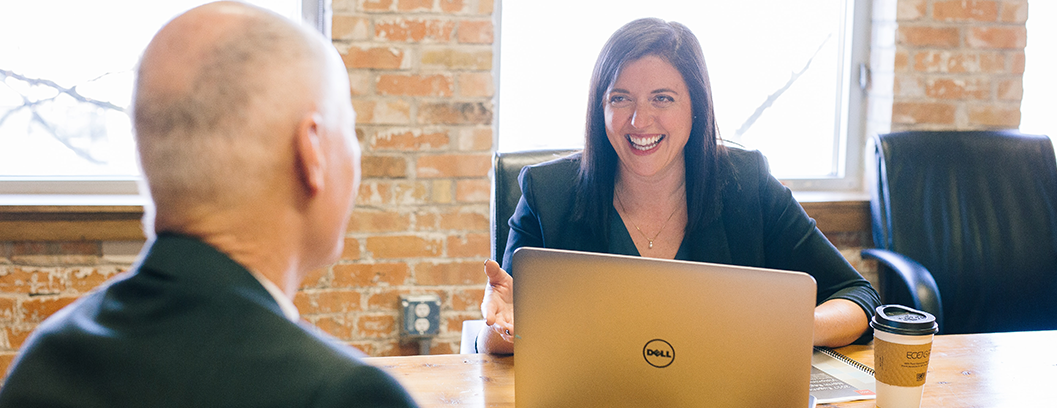I recently had the pleasure of being part of a recruitment panel interviewing candidates from all over the world for a company’s learning and development position. It was a great opportunity to have some healthy discussions and do a sanity check on how we currently often do things in Australia.
Many of the candidates spoke about their surprise on how much more we tend to work, look and think of things in silos and hierarchy here in Australia, and our approach to skills. We tend to say, “do you have the certificate or qualification to work with XYZ?” as opposed to “you have worked a lot with X, Y and Z and you can show some great examples of it”.
As a proud Danish-Australian, it reminded me of when I relocated to Australia. Previously I had been working with training, education, leadership, organisational development and HR in large, reputable overseas companies. I offered a Master in Organisational Psychology and a Batchelor of Education but did not have a Certificate IV in Training and Assessment. When looking for new contracts, I was told multiple times that I should get one even though it was not mentioned as a direct job requirement. In conversations, I was told, “your experience and resume is impressive… but who have you worked for down here?”
The Australian companies I encountered wanted to be innovative and hire new skills and said it was really hard to find them. At the same time, these companies focused on local education and companies on the resume. I had to learn that working in executive roles with McDonald’s or L’Oréal overseas was not the same as having done it here.
From my experience, these are three areas I see as an opportunity for companies to create a stronger workforce.
-
Maintain motivation
In northern Europe, education is often used to attract and keep good staff by maintaining their motivation. Skill shortages have forced companies to use education to attract the best and keep them. If I enrol an employee in a 3-year education, chances are high that they will stay with the company for at least three years or more. Australian companies often don’t invest much in employee education besides primarily compliance and expect staff to fund courses themself. Some managers have said to me: “If we educate them, we might lose them?” But isn’t three good and motivated years better than a disengaged employee for life?
-
In-house upskilling and innovation
Instead of a silo approach, skills are used across areas and industries and staff encouraged to work collaboratively to gain skills across business areas in Scandinavia. This creates in house upskilling and innovation. One candidate explained to me that she had been told no you can’t include ‘X’ in your learning content because that area sits in HR and you belong to Organisational Development. We often say we are easy going and laid back but actually, we work and think often quite hierarchal here in Australia.
-
Create engagement
Delegate more and give directions instead of enforcing control and orders. I learned as a young leader that you get the staff you deserve because you co-create them. If you enable, challenge and trust your staff they grow and let’s be honest, if you don’t trust them why did you hire them in the first place.
I hope the current forced work from home period has instilled more trust and enable more discussion on this front. For many years Gallup has proved in their international surveys that trust, delegation and working about 3 days remote or from home per week creates maximum engagement and innovation.
It’s not because countries in northern Europe – Scandinavia who we often look to for inspiration regarding manufacturing 4.0 or renewables woke up one morning and thought let’s do things differently because we feel like it. Outside factors like oil crisis and global finical crisis forced them to think and act differently. At the same time, it also took a group of leaders who dared to change the status quo and create a new normal after a crisis in regards to how they approached things just like now.
Australia has been the lucky country for many years regarding resources, lack of crisis and plenty of skilled employees and it has probably put us a bit to sleep. No matter the industry it’s now up to us the leaders to decide if we want to return to the old same or really create a new and better normal for our businesses and staff to prosper.
As Albert Einstein said insanity is doing the same thing over and over again and expecting a different result.


